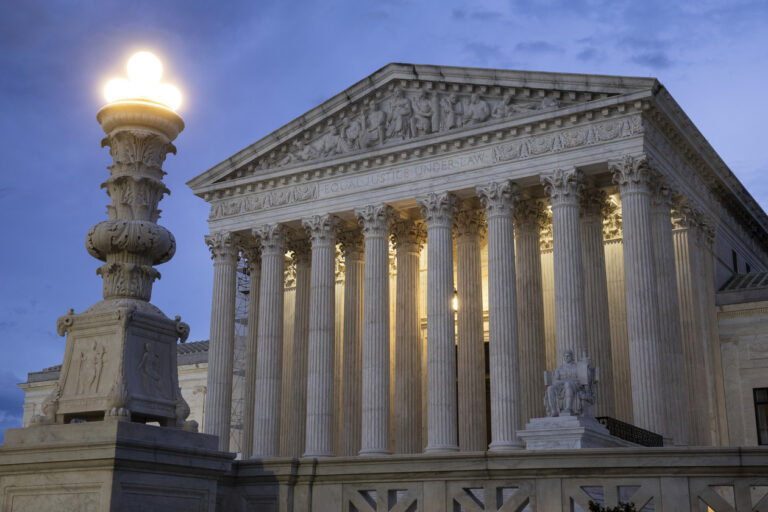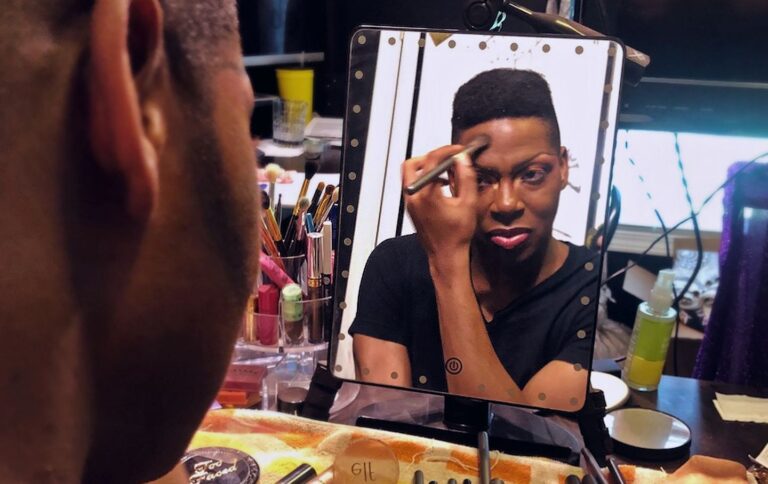Students sue university to force better mental health policies
More Of This
In the weeks after Rachael Shaw-Rosenbaum, a first-year student at Yale, died by suicide in 2021, a group of strangers began convening on Zoom.
Some of them knew Ms. Shaw-Rosenbaum. But many only knew what she had been going through, as she struggled with suicidal thoughts and weighed the consequences of checking herself into the hospital.
One, a physician in her early 40s, had been told years ago to withdraw from Yale while she was hospitalized after a suicide attempt, an experience she recalls as chillingly impersonal, “like you’re being processed through this big machine.”
Read the story on NY Times
I was a SCOTUS law clerk. The justices need some humility.
Perspective

Aaron Tang is a law professor at the University of California, Davis, and a former law clerk to Justice Sonia Sotomayor. This essay is adapted from his new book, Supreme Hubris: How Overconfidence is Destroying the Court—And How We Can Fix It
The Supreme Court’s public approval is back at record lows, and there isa common explanation: partisanship. The diagnosis is certainly understandable. Today’s court is extremely partisan by any measure, and it has lurched the law rightward on a host of important issues, from abortion to guns and voting rights to environmental law.
But what if this explanation is too simplistic?
The biggest problem with the partisanship diagnosis is that the Supreme Court has always been a part of politics, not above it. The most important chief justice in our history, John Marshall, was a Federalist party operative appointed by outgoing president John Adams for the express purpose of stymying the incoming Jefferson administration. Marshall delivered on this promise, issuing three decades’ worth of pro-Federalist rulings, often to the chagrin of his political opponents. Yet throughout this period, the court increased, rather than diminished, its public stature.
The court was also highly partisan after President Franklin D. Roosevelt appointed eight of its members between 1937 and 1943. It consistently voted to uphold the New Deal legislation that FDR had campaigned on. Much like the partisan Marshall Court, however, the New Deal Court did not lose the people’s trust; it gained it.
Read the story on Politico
Queer educators persevere in the face of anti-LGBTQ+ legislation
More Of This

Queen Anastasia Alexander has a logistics problem. In two hours, she has to drive to Chattanooga, and she needs that time to get ready—even after 16 years, becoming Anastasia is a lengthy process. There’s just one challenge: In Knoxville, Tenn.—home to the Krystal burger, the company that gave us the Dumpster, and the first drag ban of 2023—Anastasia does not get out of the car as Anastasia. And she needs gas.
I am the problem here. I was running late, and she needed to fill her tank before she would head out. This left me waiting outside the queen’s house, at the end of a gravel driveway off the highway, for her to return.
Anastasia, better known as John, is a 35-year-old drag queen who does does customer service by day and back handsprings at Club XYZ in Knoxville by night. Amid an anti-trans and anti-queer legislative nightmare, John is on a mission: to acquaint straight people with drag.
Read the Story on The Nation
A Black woman judge could lose her job for speaking about racial bias
Less Of This

On Tuesday, it was reported that North Carolina Supreme Court Justice Anita Earls could be ousted from her seat for judicial ethics violations. Did she fail to disclose gifts from a billionaire benefactor on whose cases she was ruling? No. Maybe she’d gone on luxury vacations across the globe paid for by some of the richest men in the country and neglected to mention them on disclosure forms? Nope. Perhaps one of these billionaires bought her mom a house? Not that either. Her true crime: Earls, the only Black woman on North Carolina’s high court, spoke out about racial bias in her courtroom. Her alleged misconduct was speaking to the media about how few clerks of color the court employed and how her colleagues treated certain attorneys, including a Black woman, who argued before them. For that, a Republican-stacked judicial “ethics” commission has gone after her. Its targeting of Earls could fulfill the wishes of the gerrymandered Republican Legislature by removing a tireless advocate of racial equality.
Read the story on Slate










